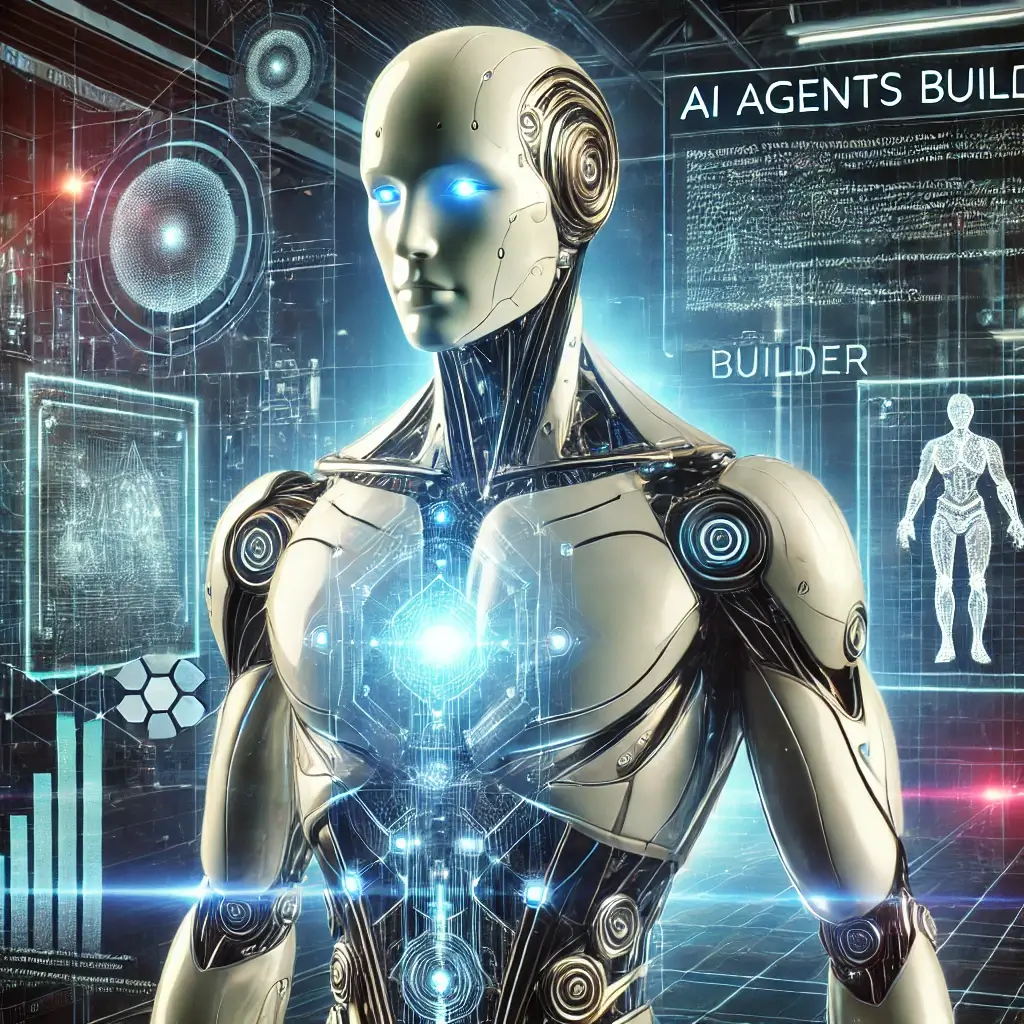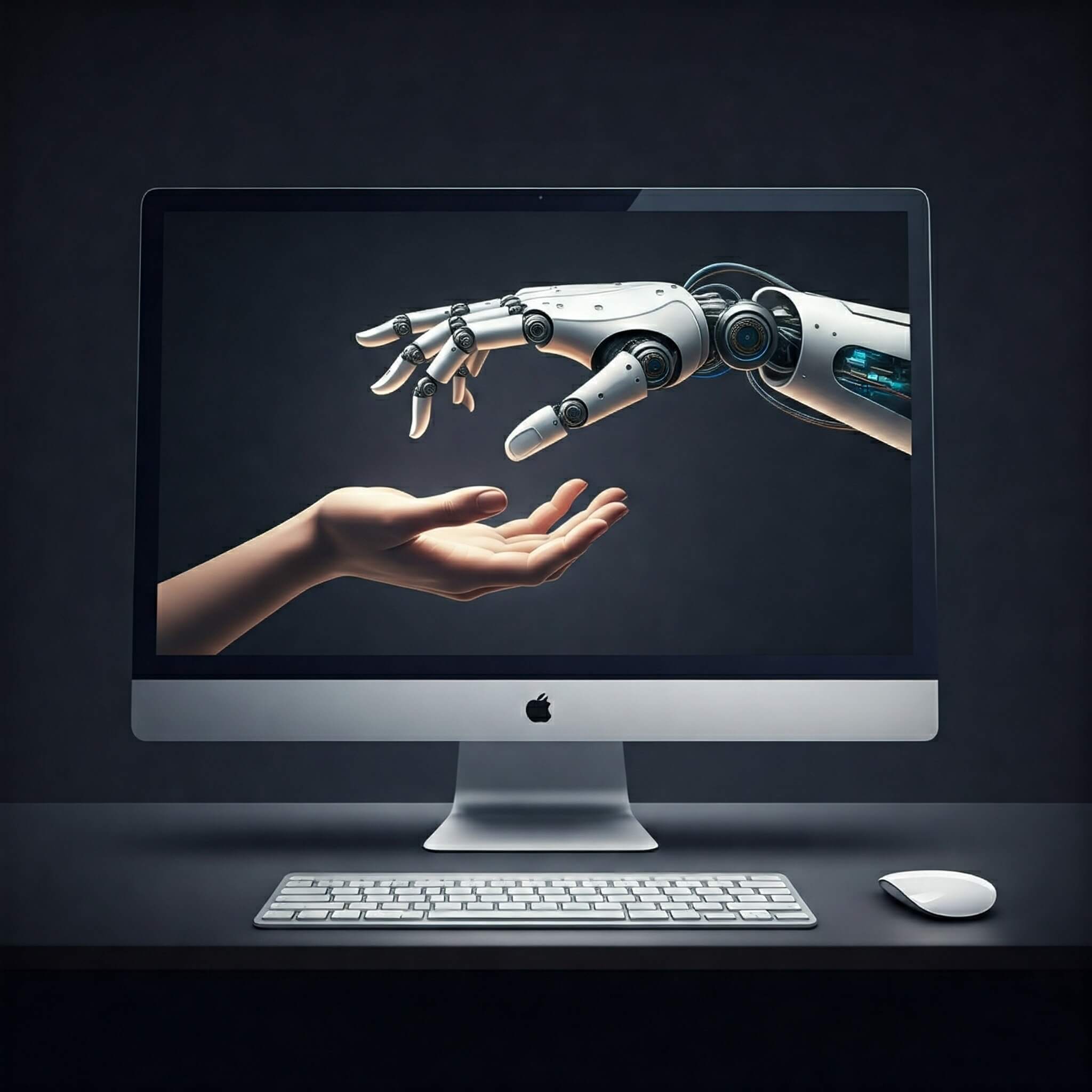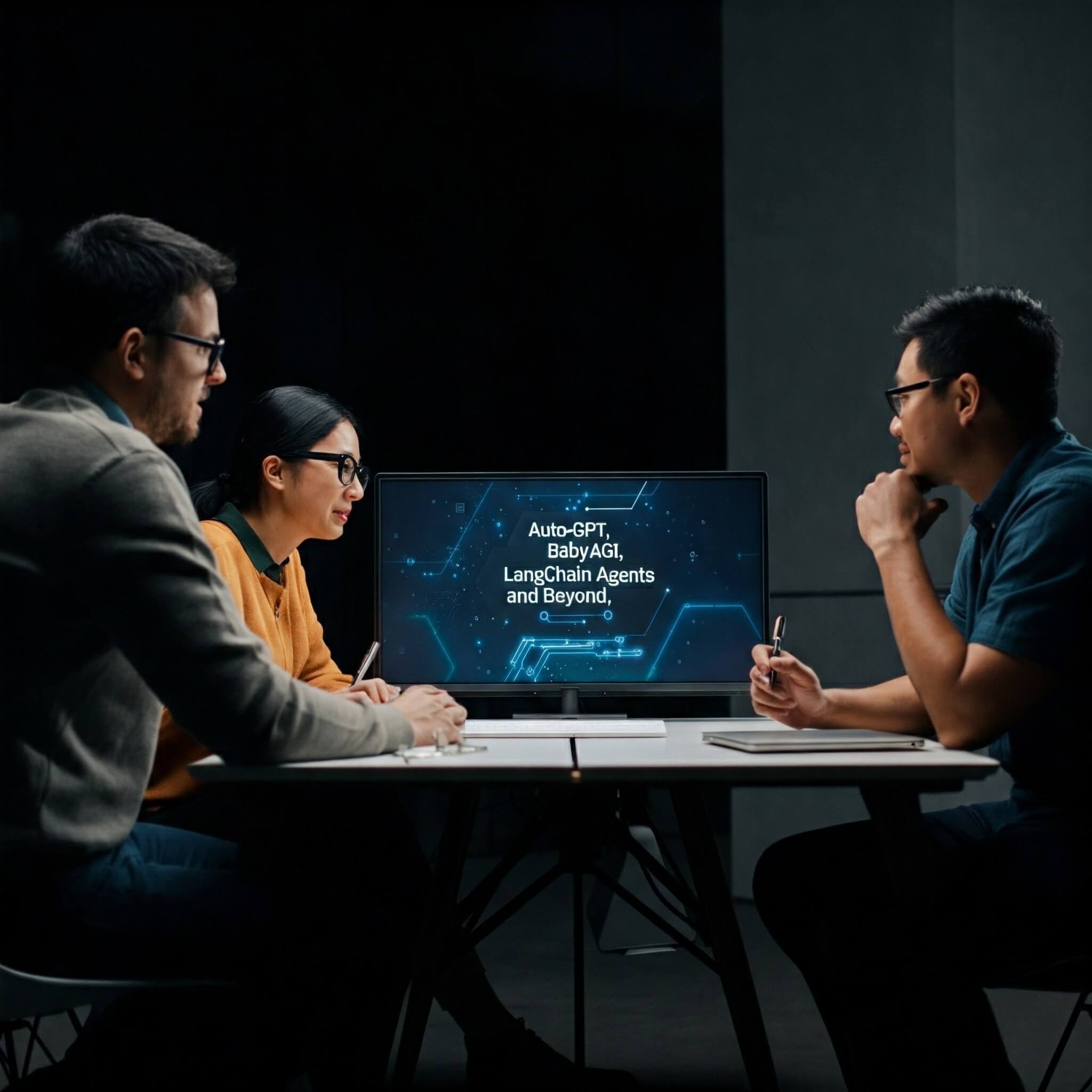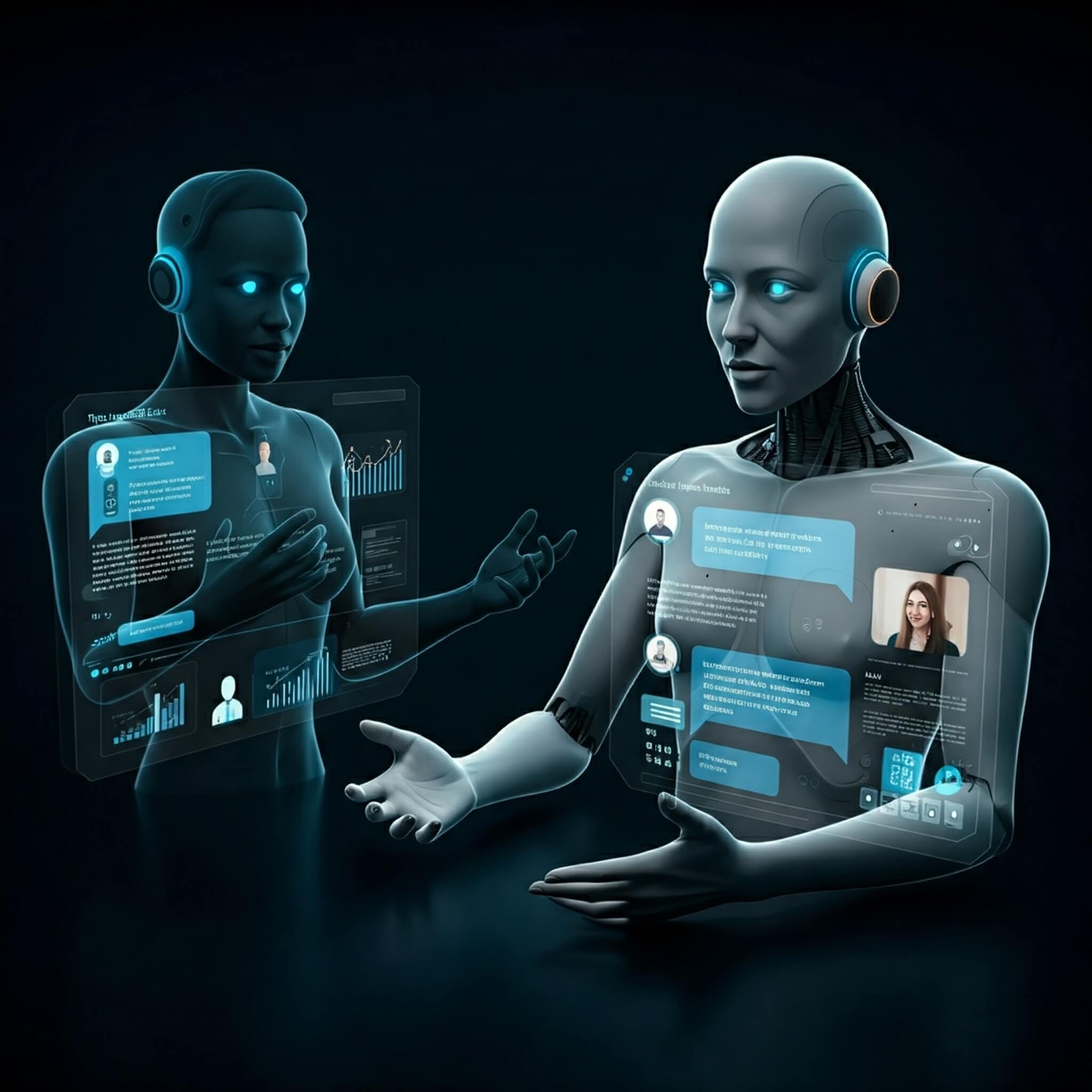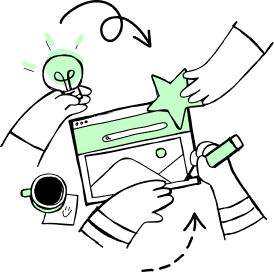In the dynamic landscape of artificial intelligence, AI agents are carving out a significant role across various sectors. From automating mundane tasks to driving sophisticated decision-making processes, the applications of AI agents are both broadening and deepening. Here’s an exploration of some of the latest developments and use cases that are shaping the future of AI integration.
Enhancing Productivity with Google Agentspace
Google has recently introduced Google Agentspace, a platform designed to boost employee productivity by integrating AI agents. These agents leverage Gemini’s advanced reasoning capabilities alongside Google-quality search and enterprise data to create a seamless work environment. They help in automating tasks, managing workflows, and providing instant data insights, thereby allowing employees to focus on more strategic activities. This move signifies a shift towards more agentic systems where AI not only assists but actively participates in workplace efficiency.

Project Mariner: AI Agents Navigating the Web

Solana Agent Kit: AI in Blockchain
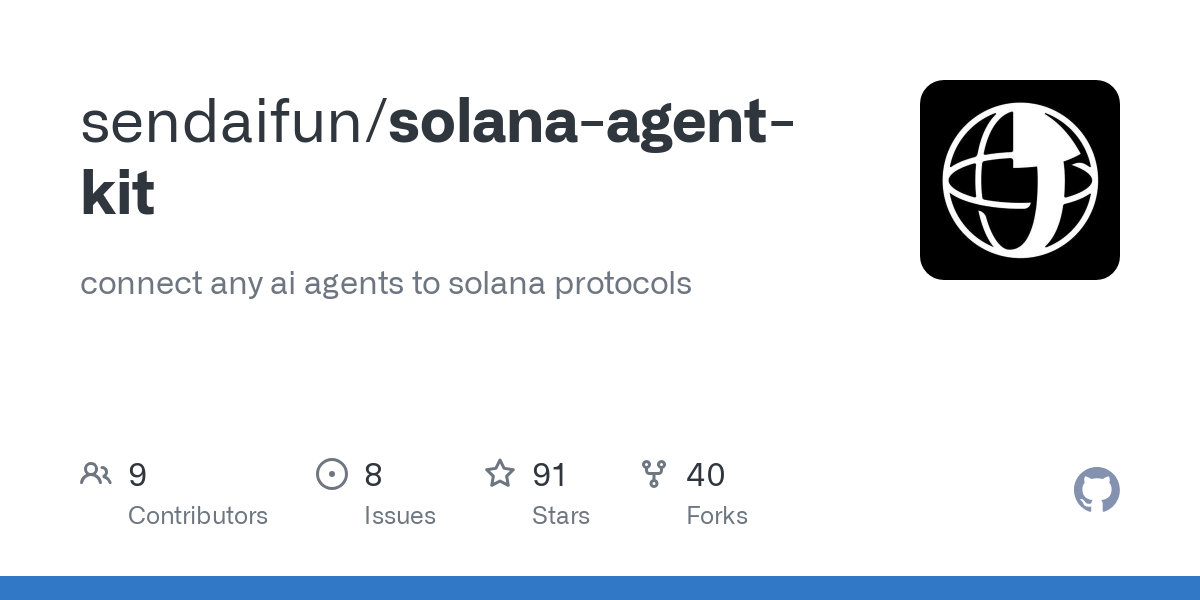
Jules by Google: The Coding Assistant

Gemini 2.0 by Google: The Multimodal Marvel
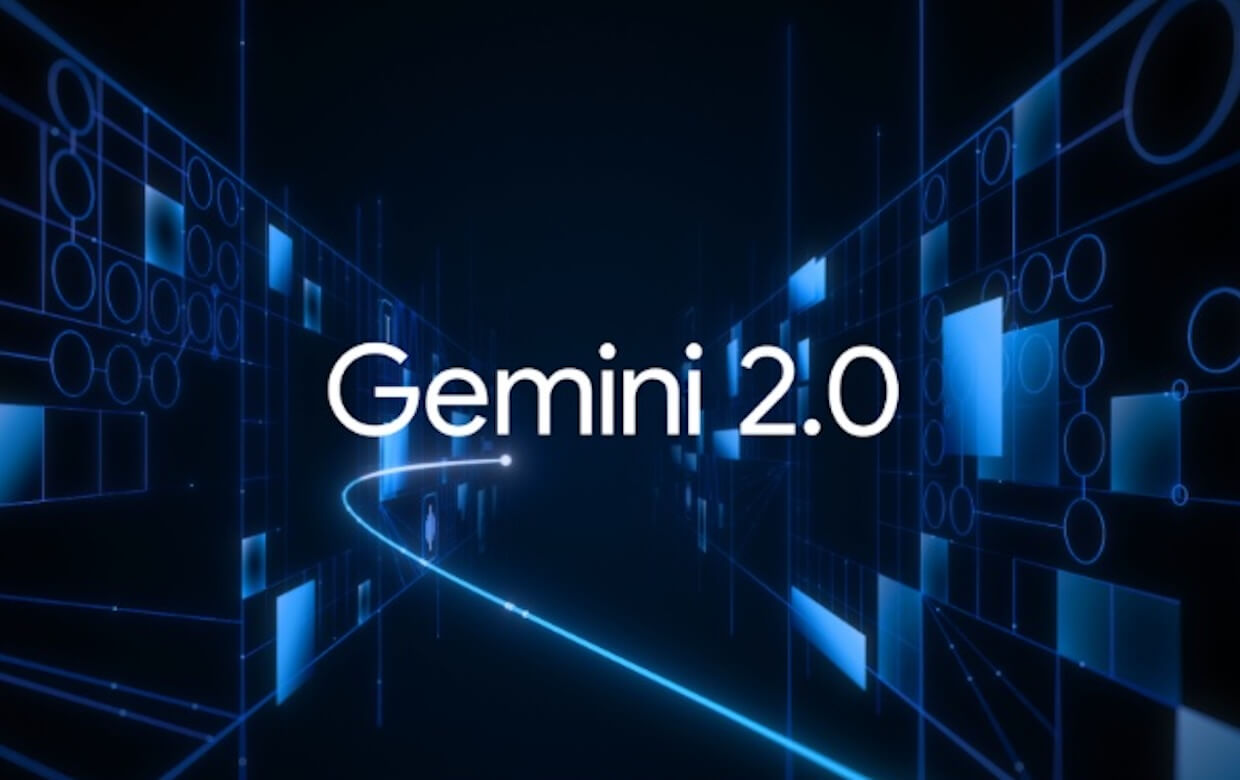
Lindy Phone Agents: Revolutionizing Voice Interaction

Everyday AI Interaction
Agentic AI in Business Intelligence
Ethical and Regulatory Considerations


